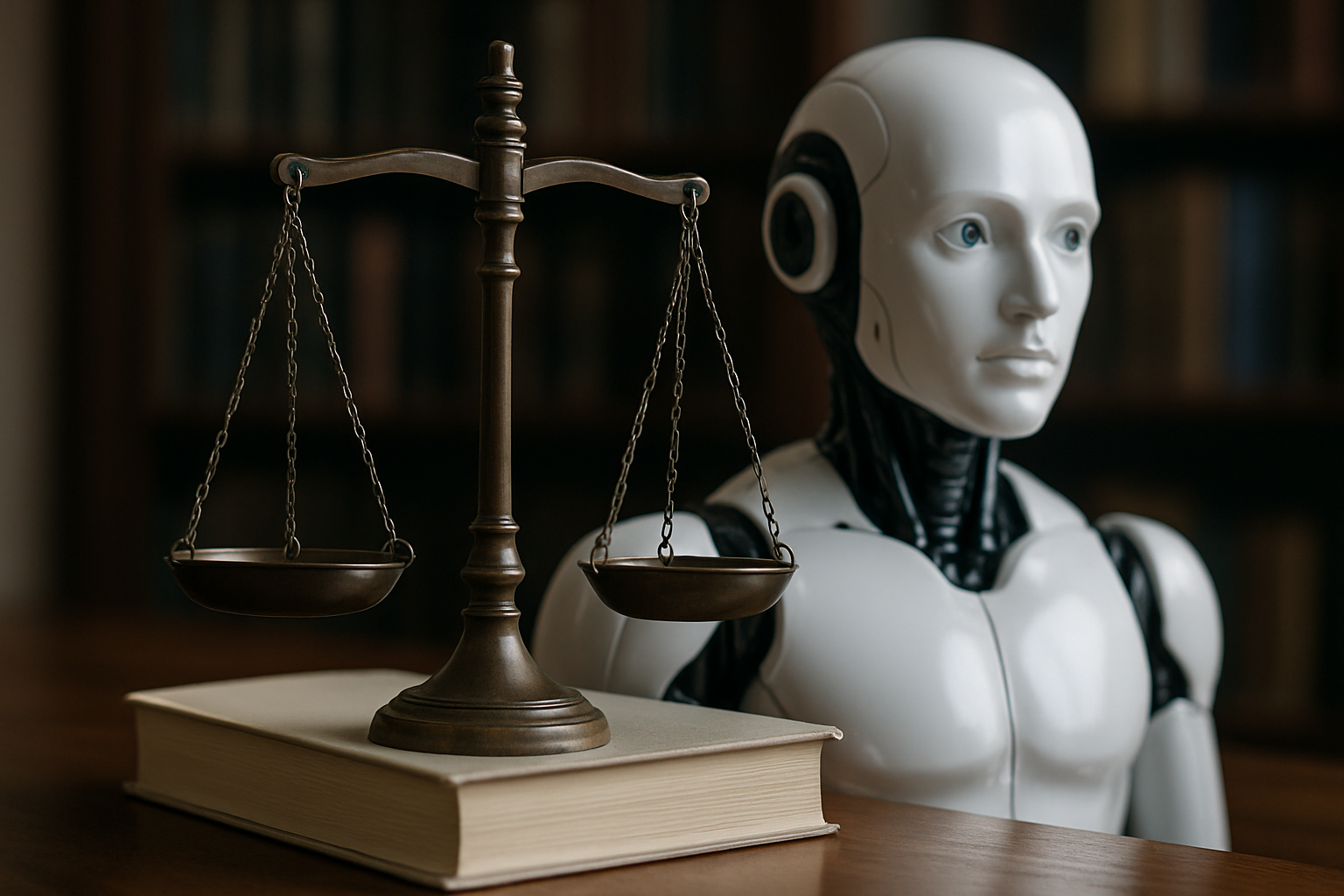Legal Implications of Artificial Intelligence in Healthcare
The integration of artificial intelligence in healthcare is revolutionizing patient care, diagnosis, and treatment. However, this technological advancement brings forth a myriad of legal challenges and ethical considerations. From data privacy concerns to liability issues, the intersection of AI and healthcare law is a complex and rapidly evolving field that demands careful examination and regulatory oversight.

Regulatory Framework and Challenges
The rapid advancement of AI in healthcare has outpaced existing regulatory frameworks, creating a legal gray area. Current laws and regulations were not designed with AI in mind, leaving gaps in oversight and accountability. The Food and Drug Administration (FDA) has begun to address this issue by developing new guidelines for AI-based medical devices, but many aspects of AI in healthcare remain largely unregulated.
Data Privacy and Security Concerns
One of the primary legal challenges surrounding AI in healthcare is the protection of patient data. AI systems require vast amounts of personal health information to function effectively, raising concerns about data privacy and security. The Health Insurance Portability and Accountability Act (HIPAA) provides some safeguards, but questions remain about the applicability of these regulations to AI systems and the potential for unauthorized access or data breaches.
Liability and Malpractice Issues
The use of AI in medical decision-making raises complex questions of liability. When an AI system makes a diagnostic error or recommends an inappropriate treatment, who is held responsible? The healthcare provider, the AI developer, or the institution implementing the technology? Traditional malpractice laws may need to be reevaluated to account for the role of AI in medical care and to establish clear guidelines for liability allocation.
Informed Consent and Patient Autonomy
The principle of informed consent is a cornerstone of medical ethics and law. However, the introduction of AI in healthcare complicates this concept. Patients may not fully understand the role of AI in their diagnosis or treatment, raising questions about the adequacy of informed consent. Moreover, the use of AI in medical decision-making may impact patient autonomy, as algorithms could influence or even override human judgment in certain situations.
Bias and Discrimination Concerns
AI systems are only as unbiased as the data they are trained on. In healthcare, this presents a significant legal and ethical challenge. If AI algorithms are trained on datasets that underrepresent certain demographic groups, they may produce biased results, potentially leading to discriminatory healthcare outcomes. This raises important questions about equal access to healthcare and the potential for AI to exacerbate existing health disparities.
Intellectual Property and AI-Generated Innovations
As AI systems become more sophisticated, they may begin to generate novel medical insights or even develop new treatment methods. This raises complex intellectual property questions. Can AI-generated medical innovations be patented? Who owns the rights to these innovations? The current patent system, which assumes human inventorship, may need to be reevaluated to address these emerging issues.
International Legal Harmonization
The global nature of healthcare and AI development necessitates international cooperation in establishing legal frameworks. Different countries may have varying approaches to regulating AI in healthcare, potentially creating conflicts in cross-border healthcare delivery and data sharing. Efforts towards international legal harmonization will be crucial in ensuring consistent standards and protections across jurisdictions.
The Future of AI Healthcare Law
As AI continues to evolve and integrate further into healthcare systems, the legal landscape will need to adapt accordingly. Policymakers, legal experts, and healthcare professionals must work collaboratively to develop comprehensive and flexible regulatory frameworks that can keep pace with technological advancements. This may involve creating new legal categories specifically for AI in healthcare, establishing clear guidelines for accountability and transparency, and developing mechanisms for ongoing oversight and evaluation of AI systems.
The integration of AI in healthcare presents immense opportunities for improving patient care and medical outcomes. However, it also introduces complex legal challenges that must be addressed proactively. By carefully navigating these legal implications, we can harness the full potential of AI in healthcare while safeguarding patient rights, ensuring equitable access to care, and maintaining the highest ethical standards in medical practice.






